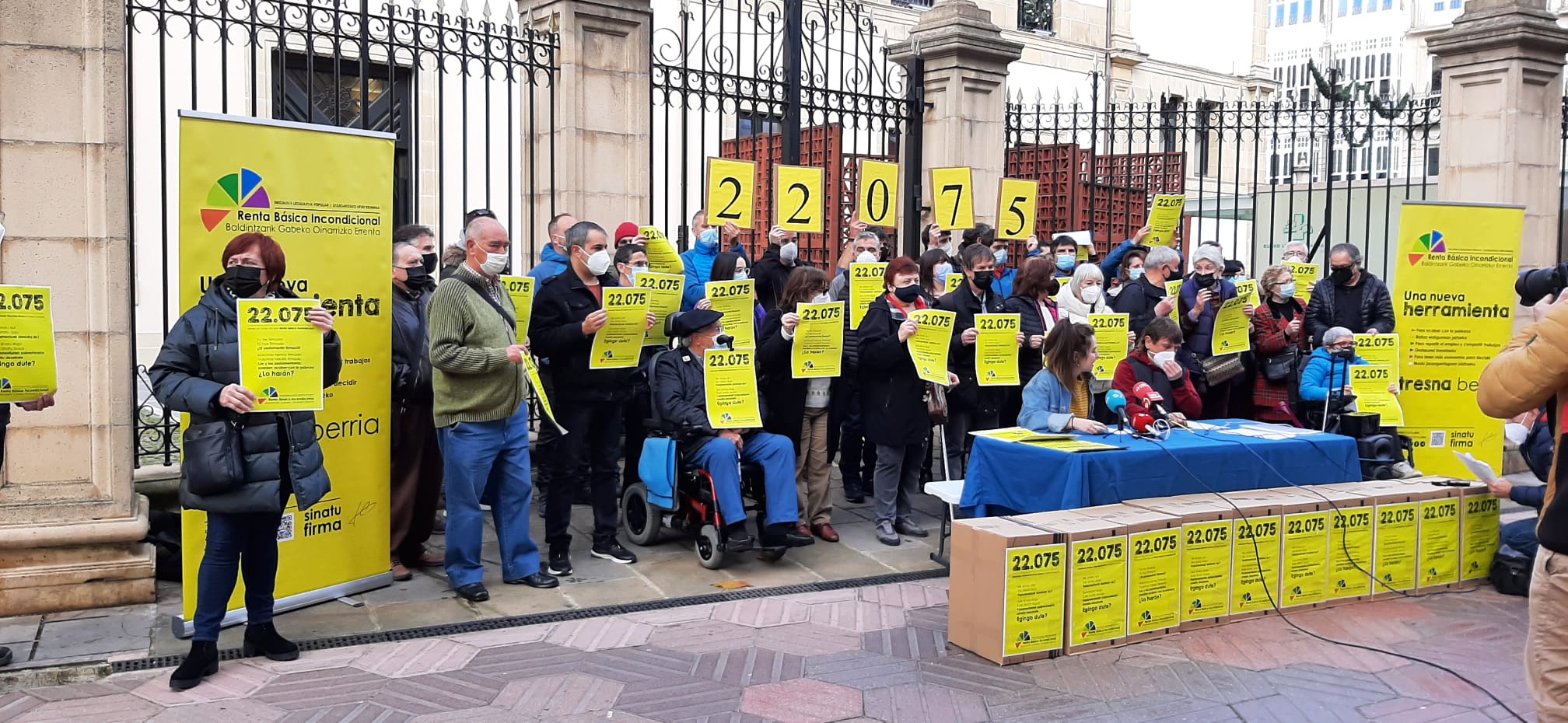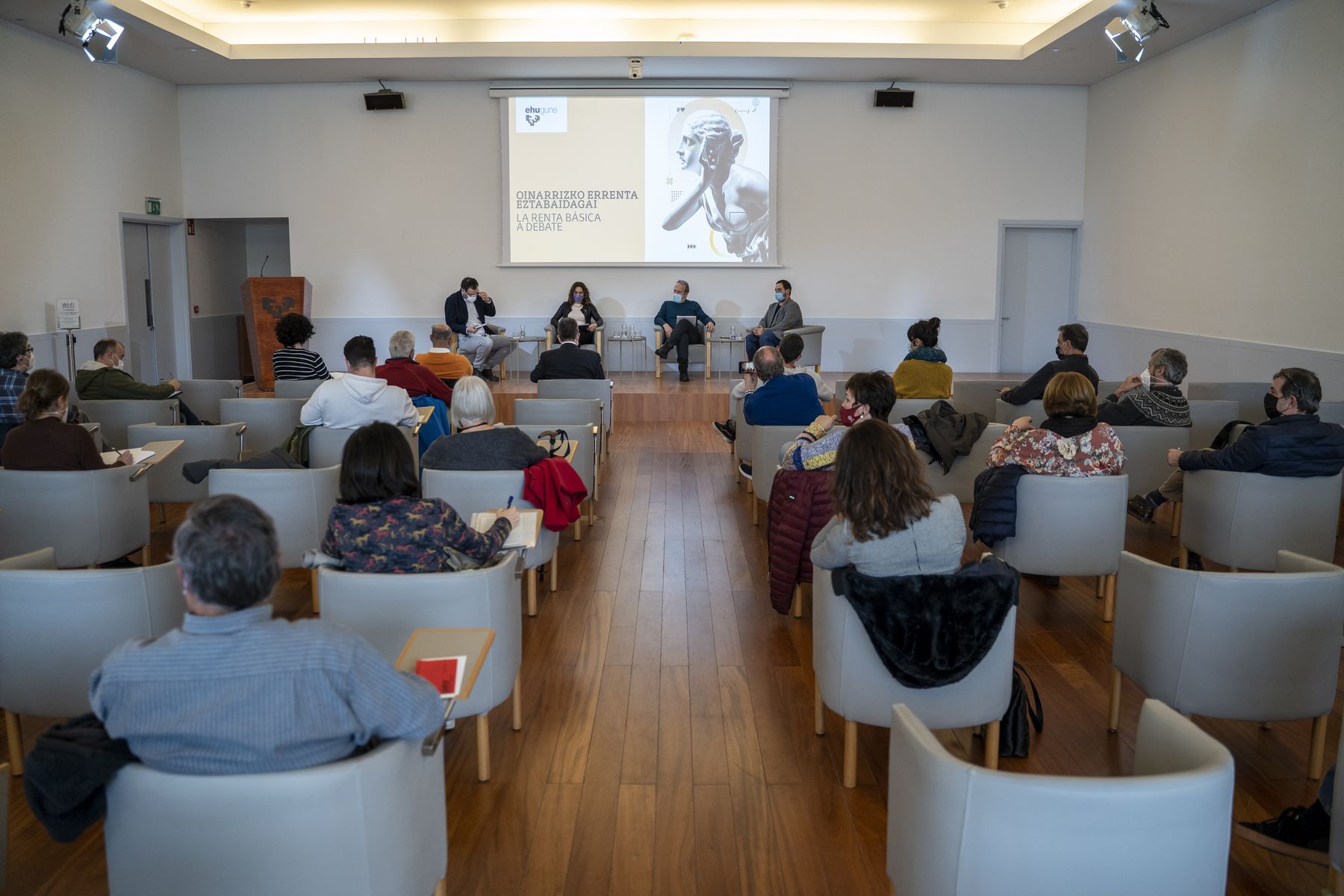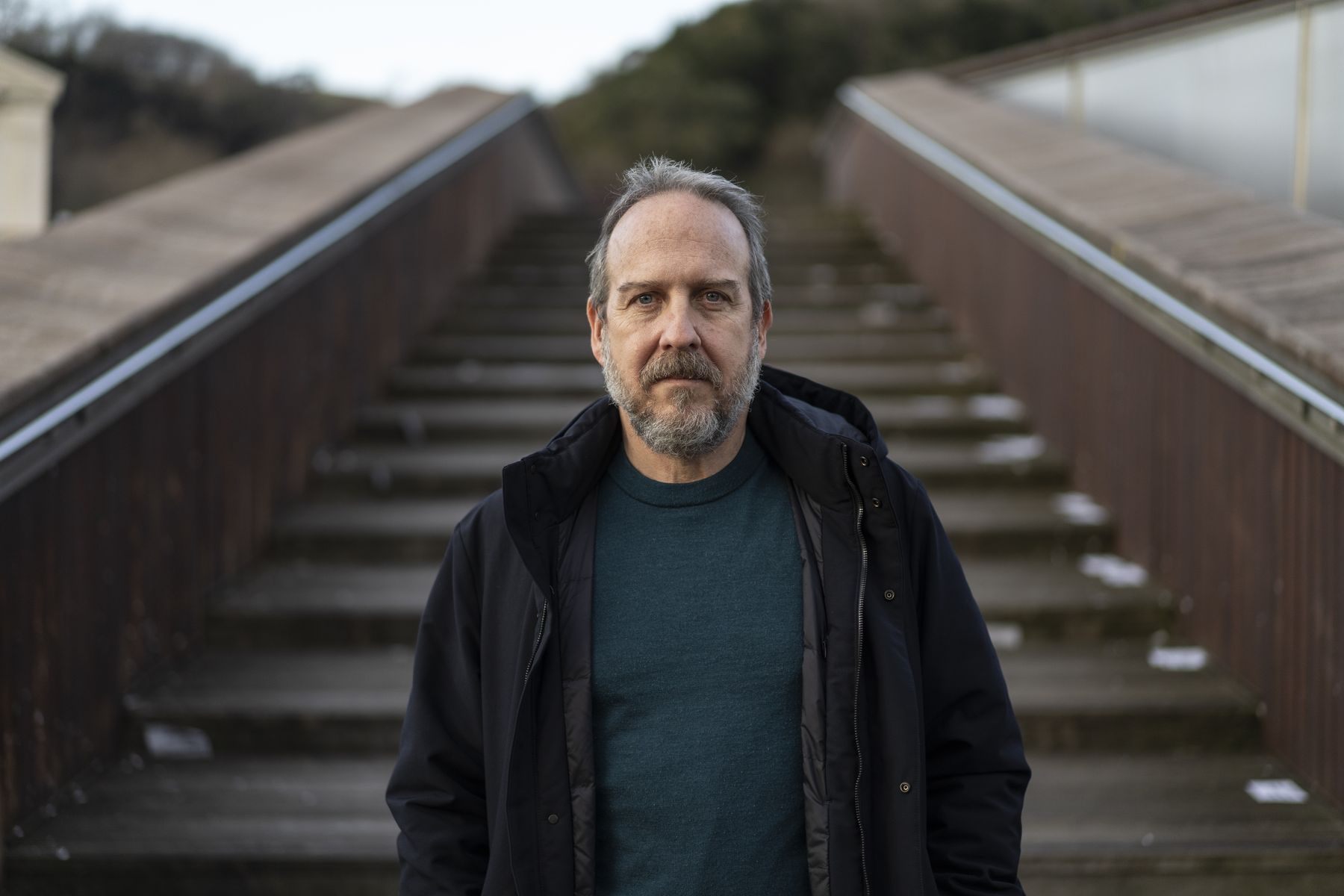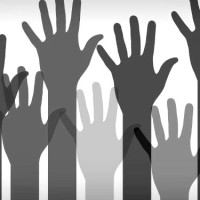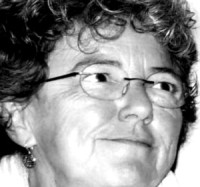Global Income Pilot Experiences
- There is still no country in the world that has put in place a basic income without conditions, but many pilot experiments have been carried out in different regions of the world and there are many. Below are the pilot experiences that Daniel Raventós and Professors Julen Bollain have presented in their books, since in both cases they are similar. According to Bollaine, it must be borne in mind that these are limited experiences over time, that specific populations are taken and that they have been financed more than through tax reforms, from budgets or from subsidies. The benefits observed at the entry into force of these NC have been numerous, but their temporary limitation has made it impossible to observe their effects on the labour market for a long time.
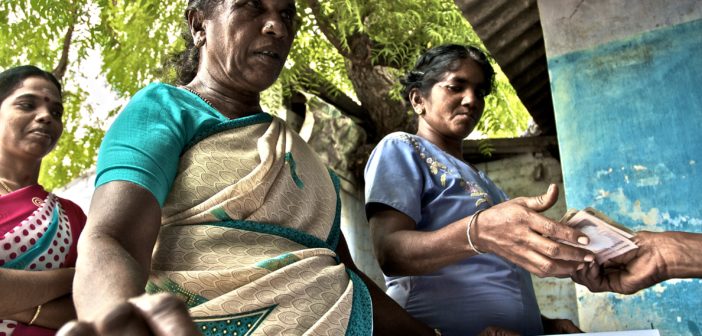
Namibia Two-thirds
of the population lives under the poverty barrier in the country. The consortium of the Coalition for the Granting of Basic Income decided to carry out a pilot experience in the Otjispringfield-Omitara region in order to take citizenship out of poverty and to guide investments in the country in 2008-2009. In the past year, 100 Namibian dollars were donated to the entire resident population (2 per cent of per capita income per hour). Subsequently, according to the consortium's study, household poverty levels decreased significantly, child malnutrition decreased significantly and child schooling increased by 90 per cent. Crime rates decreased by 42 per cent, improving economic activity and market activation.
In
2010, $24 per month was donated to 6,000 people in the Indian state of Madhya Prades. UNICEF, the women ' s union Sewa and the Global Basic Income Network launched this project. This income was given to all people from eight villages and the conclusions were compared with twelve other towns where nothing was distributed. Housing investment increased by 10 per cent. Improved water supply and lighting, and improved food benefited health. Spending on health care increased by 50 per cent and psychological problems improved by 13.4 per cent. The main conclusion, according to Raventós: "Basic income can be very transformative."
From November
2016 to October 2019, the Barcelona City Council allocated EUR 17 million to a thousand households in ten simple areas of Barcelona, within a European Union programme. Grants were awarded in four ways, of which 25 per cent was granted through the electronic currency to be spent in the neighbourhoods. The benefits were significant in the basic areas of life: the great scarcity of goods and the improvement of food security, increased life satisfaction, increased neighbourhood sentiment and improved sales of nearby traders. Other expected improvements have not been proven, such as improving health and entrepreneurship, reducing quality employment and opportunities for labour market participation, and it does not seem that the citizen has had a dramatic impact on taking advantage of his free time.
Finland was held between
2017 and 2018 and was the first OE experience organising a government in Europe. EUR 560 per month was allocated to 2,000 long-term unemployed selected for the cause of 25 to 58 years across Finland. The results were compared with the situation of another group that did not receive this support. The study conclusions were drawn throughout the pandemic and it was noted that mental health, vital safety and vitality improved markedly. The beneficiaries suffered less mental stress, depression, sadness and loneliness than in the other group. And the collaborators were more involved in the labor market than the others.
Between
2011 and 2016, 72.5 million citizens (96% of the population) were granted $500 annually in Iran, which in some years reached 15% of GDP. It was all funded by the benefits of oil. Poverty and inequalities decreased considerably and no negative impact on the labour market was observed. However, among young people between 20 and 29 years old, working hours were reduced because hours in the educational system increased. The purchasing power of the wealthiest increased by 5% and that of the poorest by 20% by 50%. Bollaine explained that the income was distributed to almost all Iranian citizens, but the money was entered into the bank account of the head of the household, mainly males, which would be absolutely impossible in the basic income without conditions, where it is essential that the RB be allocated to each person. This hindered the empowerment of women, which in other cases is clearly seen.
Alaska
In the 1980s, the oil price boomed greatly, leading Republican governor Jay Hammond in 1982 to share a number of annual oil profits among the entire population. The amount has been different in those years, $326 in 1984 and $3,269 in 2008. Comparisons have been made between Alaska and other states of EE.UU, and it is noted that income does not affect the labour market, Alaska citizens are equal to work. In Alaska, however, the number of part-time workers has increased by 17%. There have also been improvements in education, mainly due to increased attendance and reduced school failure, and a decrease in criminality has also been detected. Because of this income, Alaska is the third most egalitarian country in the United States.
In Catalonia, next December, the political force CUP
introduced the development of the basic income pilot plan in the program of the last Catalan regional elections, and in the negotiations between ERC and Junts, the CUP put as an indispensable point to support Pere Aragones in the investiture session. In Kenya, a pilot basic income experience was carried out with 10,000 people in 2011 and 2012, the largest of them all. The Finnish programme was carried out with 2,000 citizens, and in December 2022 a pilot plan will begin covering some 5,000 people in Catalonia, which will be in force in 2023 and 2024, according to the Head of the Pilot Plan Office, Sergi Raventós. It is estimated that every year the Generalitat will invest EUR 50 million in experience. Basic income will be EUR 700-800 for adults and EUR 300 for minors. This test will be one of the most significant in the world so far.
(This item is a paragraph of the 275 Larrun)
What happens when you're separated from life, environment or people and socially isolated for 3, 6, 10, 20 or 25 years? Who's in jail? What do we know about the men and women serving in Zaballa's macro-prison?
For those who have been serving prisoners serving sentences in Zaballa... [+]
We are in a process of Popular Legislative Initiative to create an unconditional Basic Income, and we are often debating the appropriateness or otherwise of the proposal. Not so much because of its proven economic viability, but because of more philosophical issues or how to... [+]











